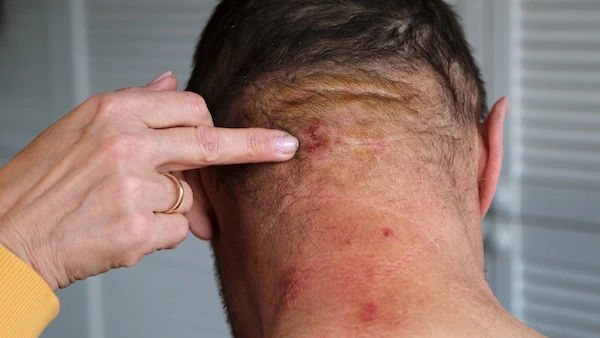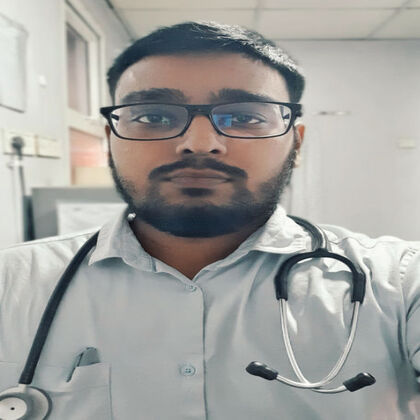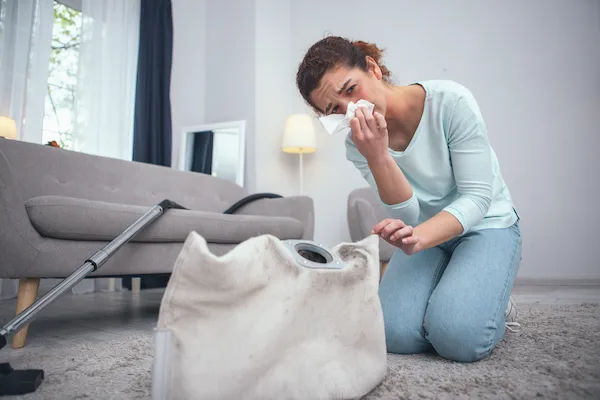Allergies and Their Cancer Connection
Know about allergies and their relation to cancer connection, how it may increase or decrease the chances of cancer occurrence, explore its benefits and more.


Allergies and Their Cancer Connection
Introduction
Allergies are a common health issue that many people experience at some point in their lives. Sneezing, itching, rashes, or even severe reactions like anaphylaxis can make allergies frustrating and sometimes dangerous. But did you know that allergies might also have a surprising link to cancer? Research suggests that people with certain allergies may have a lower risk of developing certain types of cancer.
In this article, we’ll explore what allergies are, how they might be connected to cancer, and what this means for you. Explore its benefits
What Are Allergies?
Allergies occur when your immune system overreacts to a harmless substance (called an allergen) such as pollen, dust, pet dander, or certain foods. Instead of ignoring these substances, your immune system treats them like dangerous invaders, releasing chemicals like histamine that cause symptoms such as:
- Sneezing, runny nose, or congestion (hay fever)
- Itchy, watery eyes
- Skin rashes or hives
- Swelling (in severe cases)
- Difficulty breathing (in extreme allergic reactions)
Allergies can be mild or life-threatening (like anaphylaxis from peanut or bee sting allergies).
Consult a Top general practitioner for the best advice
The Surprising Link Between Allergies and Cancer
Scientists have been studying whether allergies might influence cancer risk, and some interesting findings have emerged:
1. Allergies May Lower the Risk of Some Cancers
Studies suggest that people with certain allergies—like hay fever (allergic rhinitis), asthma, or eczema—may have a slightly lower risk of developing certain cancers, including:
- Brain tumours (glioma) – Some research indicates that people with allergies may have a reduced risk.
- Pancreatic cancer – A history of allergies has been linked to a lower risk.
- Leukaemia & Lymphoma – Some studies show a possible protective effect.
Why Might This Happen?
One theory is that allergies keep the immune system more active, which could help detect and destroy abnormal cells before they turn cancerous. Another possibility is that frequent immune responses in allergic individuals may prevent tumor growth.
However, this doesn’t mean allergies prevent cancer—just that there may be a slight protective effect in some cases.
2. Some Allergies May Increase Cancer Risk
On the other hand, certain allergic conditions (like chronic inflammation from severe eczema) might slightly increase the risk of some cancers. More research is needed to fully understand these connections.
What Does This Mean for You?
If you have allergies, this doesn’t mean you should ignore cancer screenings or healthy habits. While the link between allergies and cancer is fascinating, it’s still being studied. Here’s what you can do:
1. Keep Managing Your Allergies
- Take prescribed allergy medications (antihistamines, nasal sprays).
- Avoid known triggers (dust, pollen, certain foods).
- If you have severe allergies, carry an epinephrine auto-injector (EpiPen).
2. Stay on Top of Cancer Screenings
Regular check-ups and screenings (like mammograms, colonoscopies, or skin checks) are still crucial.
If you have a family history of cancer, discuss risk factors with your doctor.
3. Maintain a Healthy Lifestyle
- Eat a balanced diet (rich in fruits, vegetables, and whole grains).
- Exercise regularly to support immune health.
- Avoid smoking and excessive alcohol, which increase cancer risk.
When to See a Doctor?
If you experience:
- Severe allergic reactions (trouble breathing, swelling of the face/throat).
- Persistent allergy symptoms that interfere with daily life.
- Unexplained weight loss, fatigue, or unusual lumps (possible cancer signs).
Don’t hesitate to consult a doctor. Early detection of both allergies and cancer can make a big difference in treatment success.
Final Thoughts
While allergies can be annoying (or even dangerous), the possible link to a lower cancer risk is an interesting area of research. However, more studies are needed to confirm these findings. The best approach is to manage your allergies effectively, stay proactive about your health, and follow recommended cancer screenings.
Consult a Top general practitioner for the best advice
Consult a Top general practitioner for the best advice

Dr. Syed Ismail Ali
General Practitioner
7 Years • MBBS
Hyderabad
Apollo 24|7 Clinic, Hyderabad

Dr D M Karthik
General Practitioner
4 Years • MBBS, Fellowship in Diabetes Mellitus, Advance certificate in Diabetes Mellitus, Derma Nutrition Certification
Visakhapatnam
Apollo 24|7 Clinic - Andhra Pradesh, Visakhapatnam

Dr. Mohammed Kamran
General Practitioner
5 Years • MBBS, FIDM
Nashik
Apollo 24|7 Clinic - Maharashtra, Nashik

Dr. Madhuri Sai Sreepada
General Practitioner
9 Years • MBBS
Hyderabad
BRIGHT SMILES MEDICARE & DENTAL CARE, Hyderabad

Dr. Ikram
General Practitioner
1 Years • MBBS
Hyderabad
Badar clinic, Hyderabad



